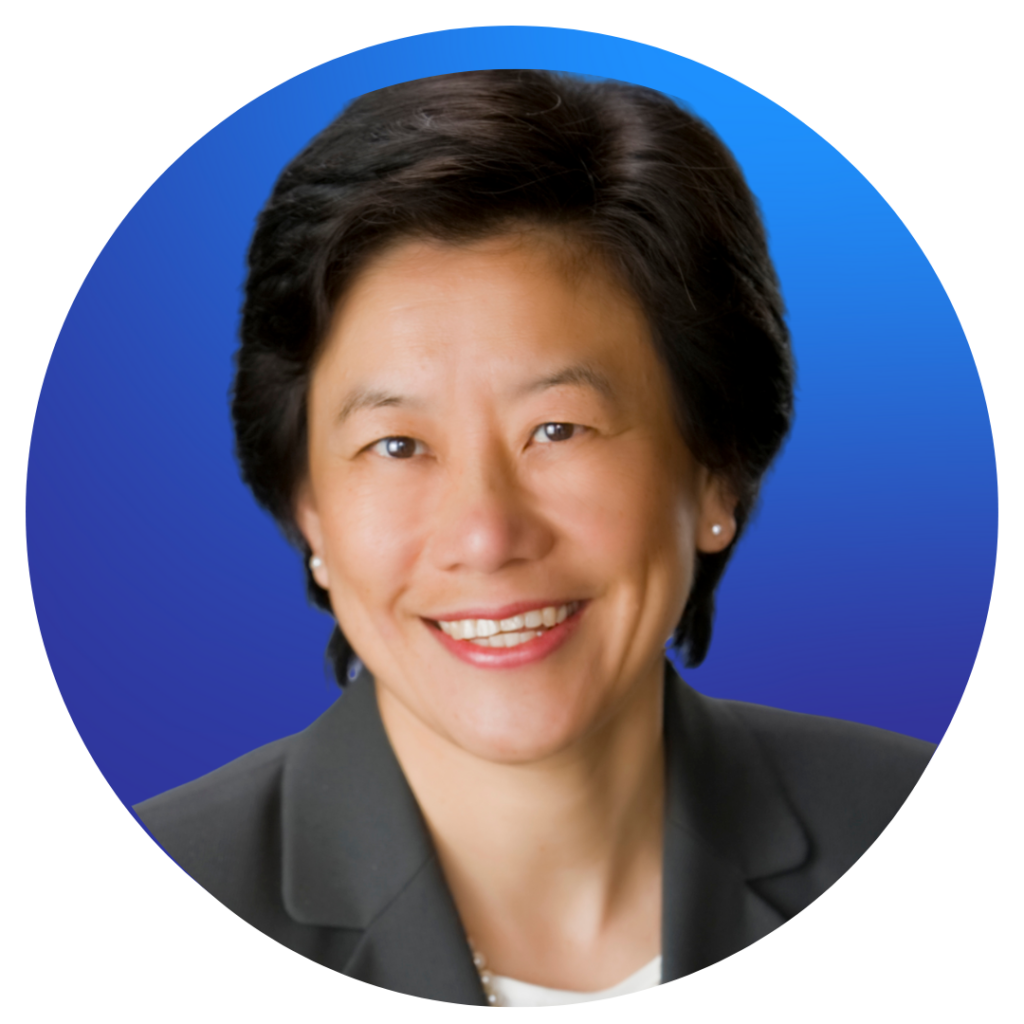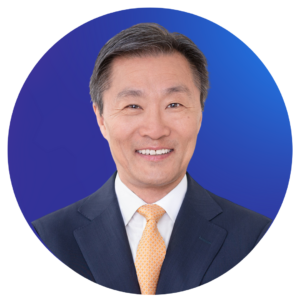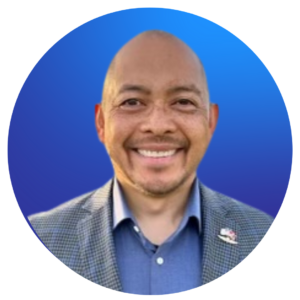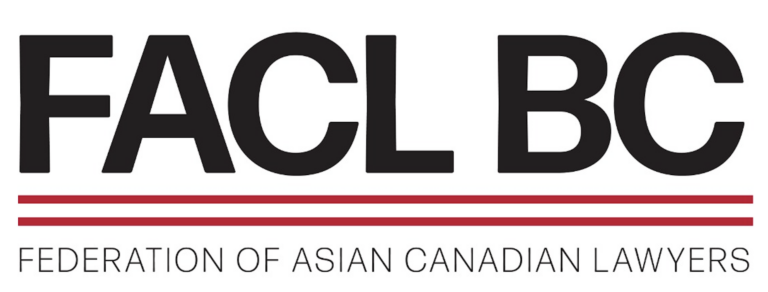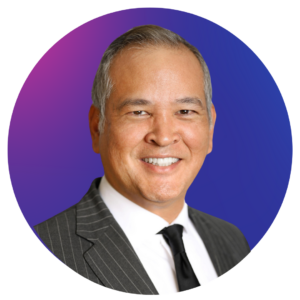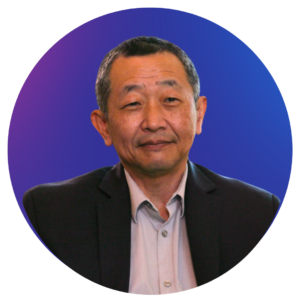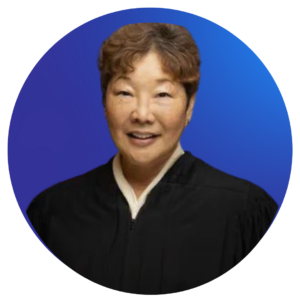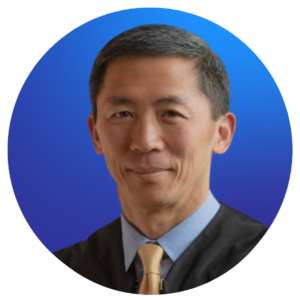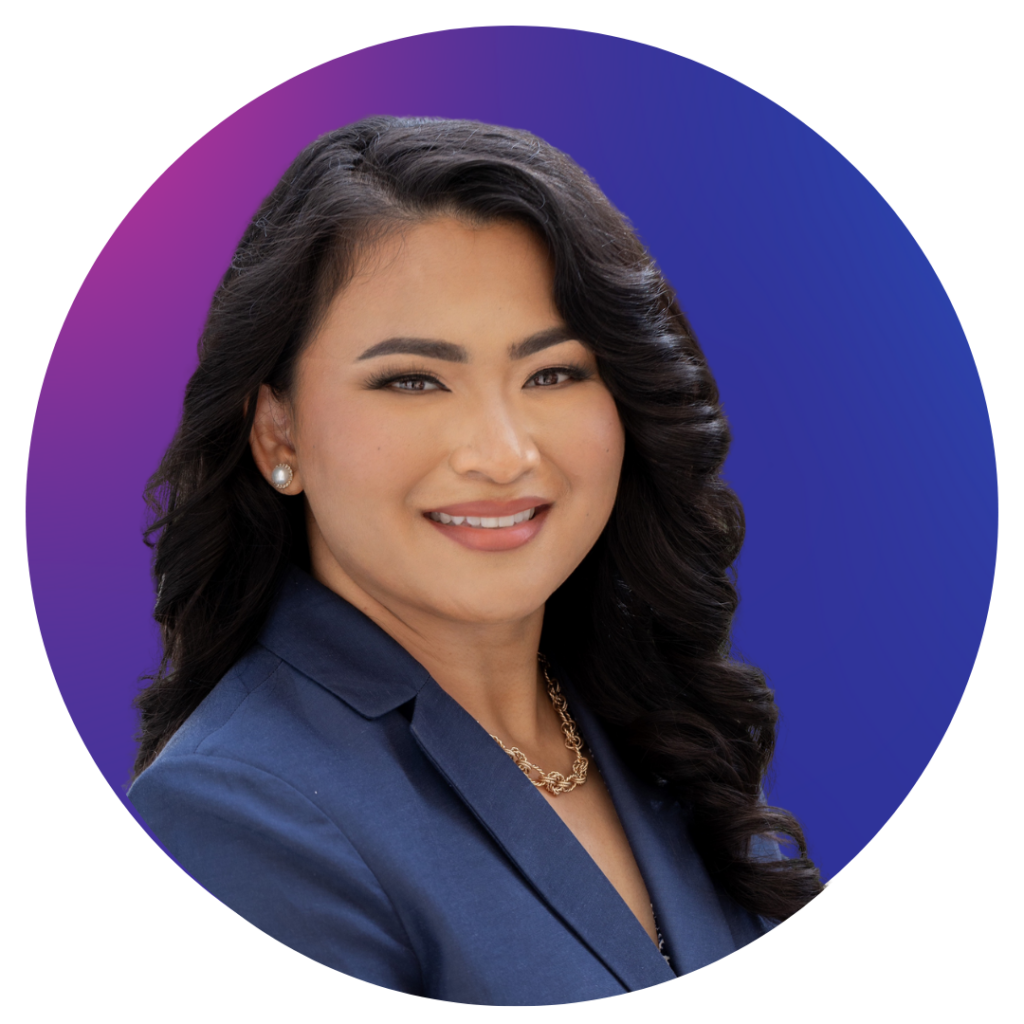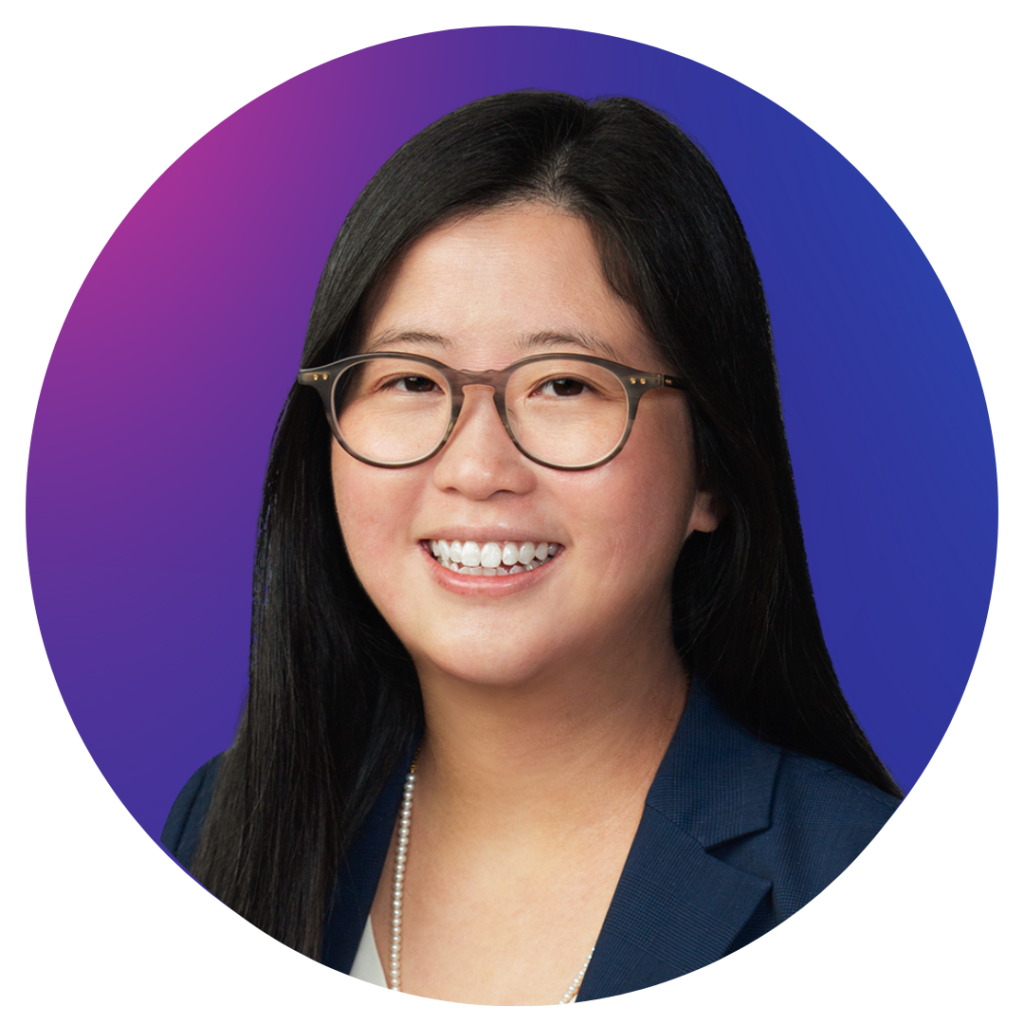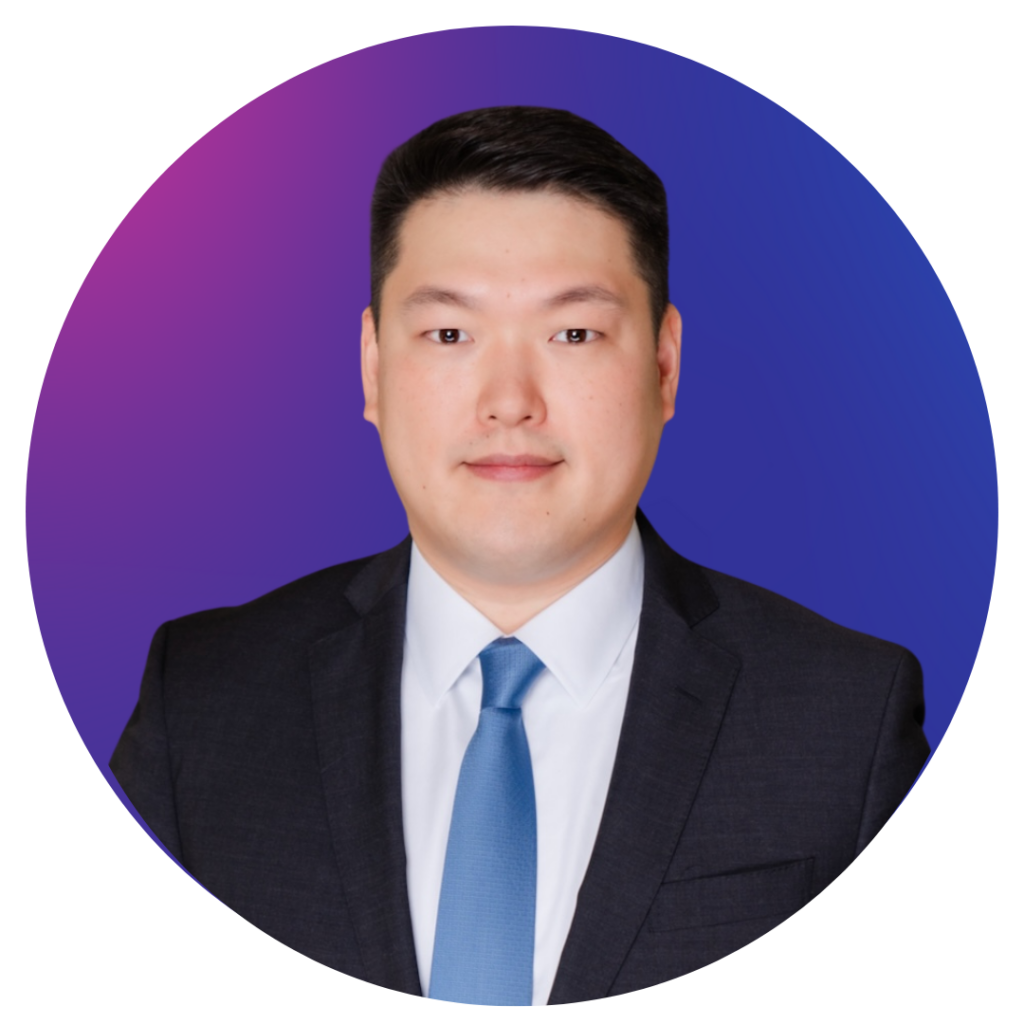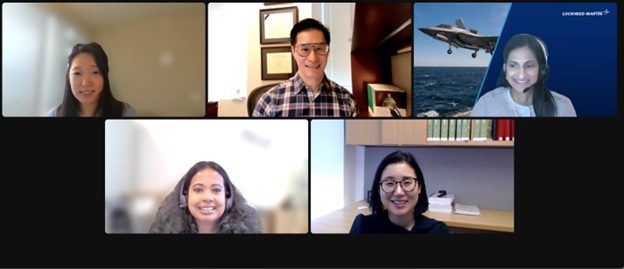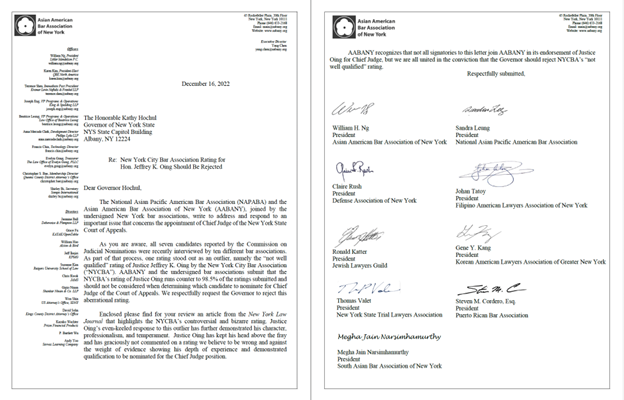

2025 NAPABA Convention
Get ready—NAPABA is heading to the Mile High City! Registration is now open for the 2025 NAPABA Convention, our signature event and one of the largest annual gatherings of attorneys, judges, law professors, and students. NAPABA is committed to fostering a welcoming, inclusive community open to all—where everyone is empowered to engage, contribute, and lead. We hope you and your colleagues join us.
This year’s Convention in Denver promises thought-provoking programs, dynamic networking, and countless opportunities to connect with peers and leaders who are shaping the future of the legal profession. Whether you’re looking to advance your career, grow your community, or simply be inspired—there’s something here for you.
Early Bird pricing only lasts for a limited time. As a current NAPABA member, you’ll get the best deal for the Convention if you register now!
WHAT YOU NEED TO KNOW | REGISTRATION & HOUSING


When you register early, you’ll be first in line for our special hotel rates, a la carte plenaries, and gala tickets! This year, a room block has been secured at the Sheraton Denver Downtown Hotel, the Convention host hotel. We’ve also secured overflow hotels at the Hilton Denver City Center and the Sonesta Denver Downtown, both within walking distance to the Sheraton Denver Downtown Hotel. The unique booking link will be provided AFTER you register for the 2025 NAPABA Convention.
To enhance your Convention experience and put you in control of your schedule, the Friday and Saturday Plenary Luncheons and the 37th Anniversary Gala will be available for purchase a la carte. To attend these ticketed events, you must add them to your registration for an additional fee.
SCHOLARSHIPS
NAPABA strives to keep the Convention affordable for our members and offers one of the best values among legal education conferences. Scholarships may be used towards Convention registration, airfare, lodging, and/or ground transportation.
- General Convention Scholarship Application | Deadline: August 5 at 8 pm ET
- Law Student Scholarship Program Application | Deadline: September 16 at 8 pm ET
QUESTIONS
Additional resources about the Convention are on our website. For further questions, email us at convention@napaba.org.






